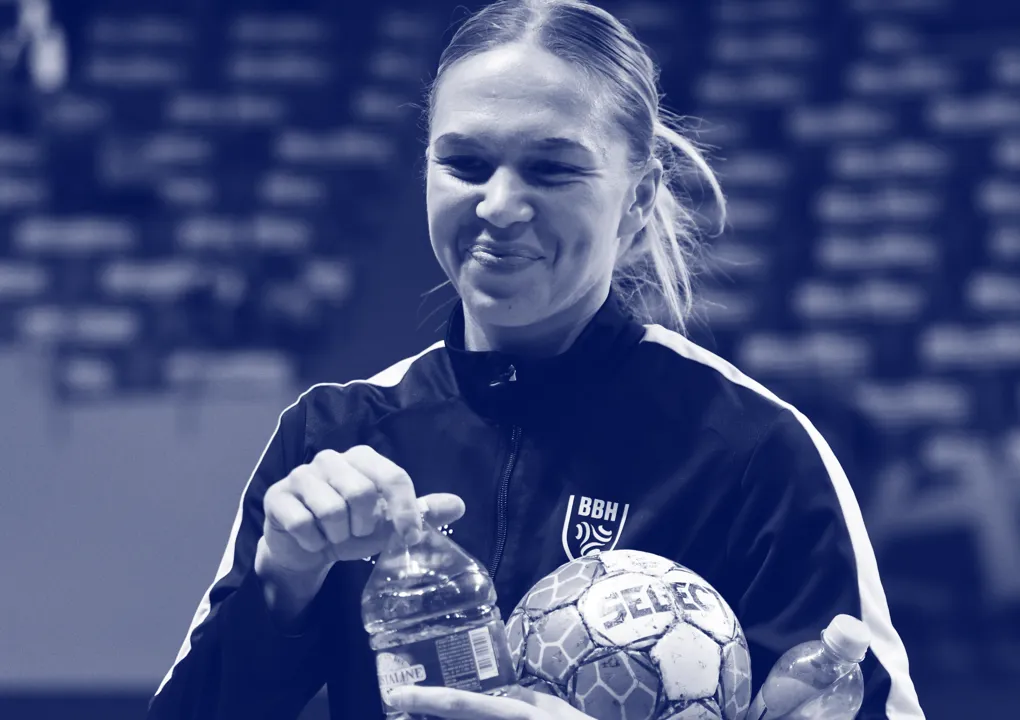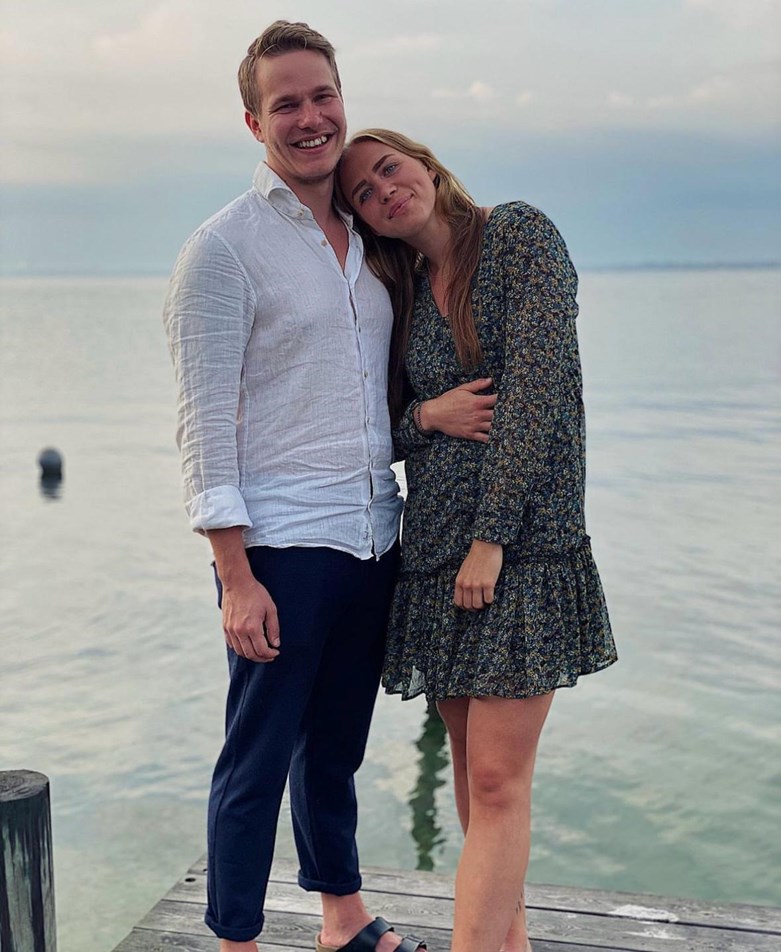During the years, I had just learnt how to live with it. It’s both a positive and negative with handball, that we are so used to continuing and fighting and maybe having some pain all the time. So, for me, it was also normal to continue when I didn’t feel good.
But being an athlete also helped me handle the mental challenge surrounding such a serious illness. I had had injuries and you know you have to face those to come back. I had to face this and go through it in order to come back. Having handball also helped, having something to look forward to.
I think one thing mentally was seeing the difference between having pain, say, in the knee and pain from being sick. Probably the hardest part was for me to understand the difference, to see that my body isn’t feeling good somewhere and it means not only that I can’t play handball the way I want but even do normal stuff in my normal life. When you have pain in your knee, you can still go to the cinema or go travelling. For me, the hardest part was to start to say no to stuff and to really get to know my body and what it means for wellbeing in everyday life.
On the mental side, to be able to come back, it was also good that this sickness had nothing to do with handball. If it's a knee injury that happened on the handball field, you might have some bad feelings about the game or being on the court. But the ulcerative colitis had nothing to do with handball, so then I could separate the two, which helped me keep handball as a really positive thing I wanted to get back to.
I had the surgery in Denmark because they wanted to do it fast. It did get a bit urgent at the end. I had been sick for five years when they made the decision that I needed surgery, so I think I was prepared for it.
When I was 18, I got the diagnosis and they started to speak about surgery, I was really scared and was like, no, absolutely not. I was scared to have the stoma. I didn’t know very much about it. Also, it was described at first as a last solution, instead of an option.
I was an 18-year-old girl and to have a bag on my stomach wasn’t so appealing, so I think it was also because I wasn’t so educated about it either. It scared me — both how it would be for me and how other people would see me. It was more about that than fear of the surgery.
Later, I was prepared for it and understood that it was supposed to happen. Now, I have an Instagram page, @athletewithstoma, where I try to raise awareness and give others going through the same thing a role model — that you can be physically active and live a normal life while having a stoma.
There were some complications during the surgery, so we needed to do one more because it didn’t work the first time. They didn’t know whether I would be able to play handball again. I’m a handball player and that’s what I had been doing since I was five, so of course it was hard not to know how it would end up. But I always wanted to be the best and I started to understand that I couldn’t be the best if I felt like that.




























